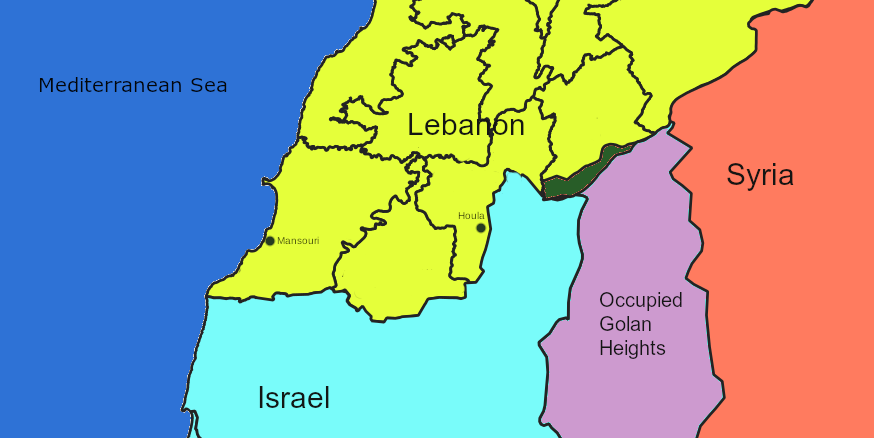Israeli drone strikes continued to attack southern Lebanon, with reports that strikes against the town of Mansouri killed one person and wounded at least nine, including school-children. The main strike targeted a motorcycle near a school in the town.
All the wounded people were reported to be civilians. Three of them are in serious condition after the strike, which fueled panic among teachers and students in the nearby school.
The slain person has yet to be official identified, but the IDF has claimed he was the “commander of Hezbollah forces in Mansouri.” Hezbollah has yet to confirm that they lost any members in today’s attacks.

This is the second deadly Israeli drone strike against Lebanon so far this week, as yesterday they also attacked the village of Houla, killing a man in front of his home, who the IDF declared to be a member of Hezbollah’s Radwan Force.
The number of people being wounded in Israeli strikes is also growing, with several wounded on both Sunday and Monday before the larger number of civilians wounded today near the school in Mansouri.
As the week continues, those security concerns will likely only grow more severe in southern Lebanon, as local elections are scheduled for Saturday. The municipal elections had been repeatedly delayed since 2022 because of the security situation.
Even though Israel is actively occupying parts of the south and is launching multiple strikes daily, officials intend to go through with it this time. Elections have been held in recent weeks in other parts of the country, mostly without incident.
As usual the preliminary results point to significant divides nationwide. The Maronite Christian Lebanese Forces Party did well in Zahle, while the Progressive Socialists performed well in Rashaya, and Hezbollah and the Amal Movement dominated the mostly Shi’ite Baalbek District. In the Beirut area, the seats were split evenly between Christians and Muslims.
The US decision to “veto” all reconstruction funds for Lebanon from any Gulf Arab states was said to be aimed at weakening Shi’ite performance in the polls in 2025 and 2026, primarily aimed to drive Hezbollah out of politics. The early vote results suggest that’s just not happening, and most people are still voting for more or less the same factions they were before the Israeli invasion and occupation.
While US deputy envoy Morgan Ortagus noted that Lebanon has made substantial progress in disarming Hezbollah in the south since the ceasefire went into effect, she insisted that there was “a lot more to go.” Hezbollah has not launched any attacks on Israel since the ceasefire went into effect in November, while Israel has committed thousands of violations since then.


